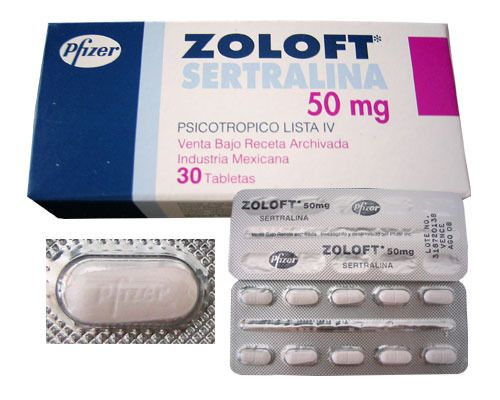 In one of the hundreds of lawsuits families have brought against the pharmaceutical manufacturer Pfizer Inc., lawyers have presented evidence suggesting that Pfizer’s scientists knew for years that the company’s blockbuster antidepressant medication Zoloft may cause birth defects when taken by pregnant women.
In one of the hundreds of lawsuits families have brought against the pharmaceutical manufacturer Pfizer Inc., lawyers have presented evidence suggesting that Pfizer’s scientists knew for years that the company’s blockbuster antidepressant medication Zoloft may cause birth defects when taken by pregnant women.
In June, a Philadelphia jury heard evidence brought by the family of 8-year old Mia R., who allege Pfizer neglected to fully warn women and the medical community of Zoloft side effects like the increased risk of birth defects.
According to the Zoloft birth defects lawsuit, Mia was born with cardiac effects (heart defects) such as a hole in her heart, which her family alleges resulted from Mia’s mother’s use of Zoloft while pregnant. Her family is seeking $2.4 million in damages.
During the trial, Mia’s family and legal counsel presented the jury with Pfizer internal reports indicating a known link between Zoloft use while pregnant and the development of heart birth defects.
For example, the Zoloft birth defects lawsuit points to an April 2014 review by Francesca Kolitsopoulous, the Associate Director of the epidemiology group for Pfizer’s Worldwide Safety Strategy department. This internal review warned Pfizer executives that studies suggest a strong link between potential Zoloft side effects and the development of heart defects; she suggested that Zoloft’s drug label be altered to include the information from the birth defects study. In the report, Kolitsopoulous specifically mentions the risk of septal heart defects allegedly caused by Zoloft use, the same kind of birth defect suffered by young Mia.
Pfizer has been named as a defendant in over a dozen Zoloft lawsuits concerning the drug’s warning label. These Zoloft lawsuits have been consolidated in a Zoloft MDL for pretrial proceedings. Bellwether trials for this MDL are likely to begin in early 2016.
Zoloft Birth Defect Studies
Zoloft is a popular SSRI (selective serotonin reuptake inhibitor) drug used by millions of patients in the U.S. to manage their depression symptoms. However, according to several recent studies, Zoloft is responsible for a whole host of birth defect risks when the antidepressant is used by pregnant women.
In light of these research studies, the FDA published a drug warning in November 2006 regarding the potential increased risk of giving birth to children suffering from persistent pulmonary hypertension when Zoloft was used by the pregnant mother past the 20th week of pregnancy. According to the agency, Zoloft and similar SSRI drugs were linked to a six-fold increase in Persistent Pulmonary Hypertension (PPH) in unborn children exposed to the antidepressant.
A June 2007 study allegedly found a link between the use of Zoloft or similar drugs during the early ages of pregnancy and an increased risk of giving birth to a child with abnormal skull development, gastrointestinal abnormality, and/or brain defects.
Similarly, the British Medical Journal (BMJ) published a study in September 2009 suggesting that SSRI antidepressant medications like Zoloft are strongly associated with an increase the risk of heart defects for unborn children when taken by a mother during the first trimester of pregnancy.
Do YOU have a legal claim? Fill out the form on this page now for a free, immediate, and confidential case evaluation. The birth defect attorneys who work with Top Class Actions will contact you if you qualify to let you know if an individual lawsuit or class action lawsuit is best for you. [In general, birth defect lawsuits are filed individually by each plaintiff and are not class actions.] Hurry — statutes of limitations may apply.
ATTORNEY ADVERTISING
Top Class Actions is a Proud Member of the American Bar Association
LEGAL INFORMATION IS NOT LEGAL ADVICE
Top Class Actions Legal Statement
©2008 – 2025 Top Class Actions® LLC
Various Trademarks held by their respective owners
This website is not intended for viewing or usage by European Union citizens.
Get Help – It’s Free
Join a Free Birth Defect Lawsuit Investigation
If you or a loved one took Zoloft, Prozac, Lexapro, Effexor, Celexa, Cymbalta or Depakote during pregnancy and gave birth to a child with a congenital defect, you may have a legal claim against the drug’s manufacturer. Find out if you qualify to pursue compensation for your child’s medical expenses, pain and suffering, and other damages by filling out the form below now.
An attorney will contact you if you qualify to discuss the details of your potential case.
Oops! We could not locate your form.












